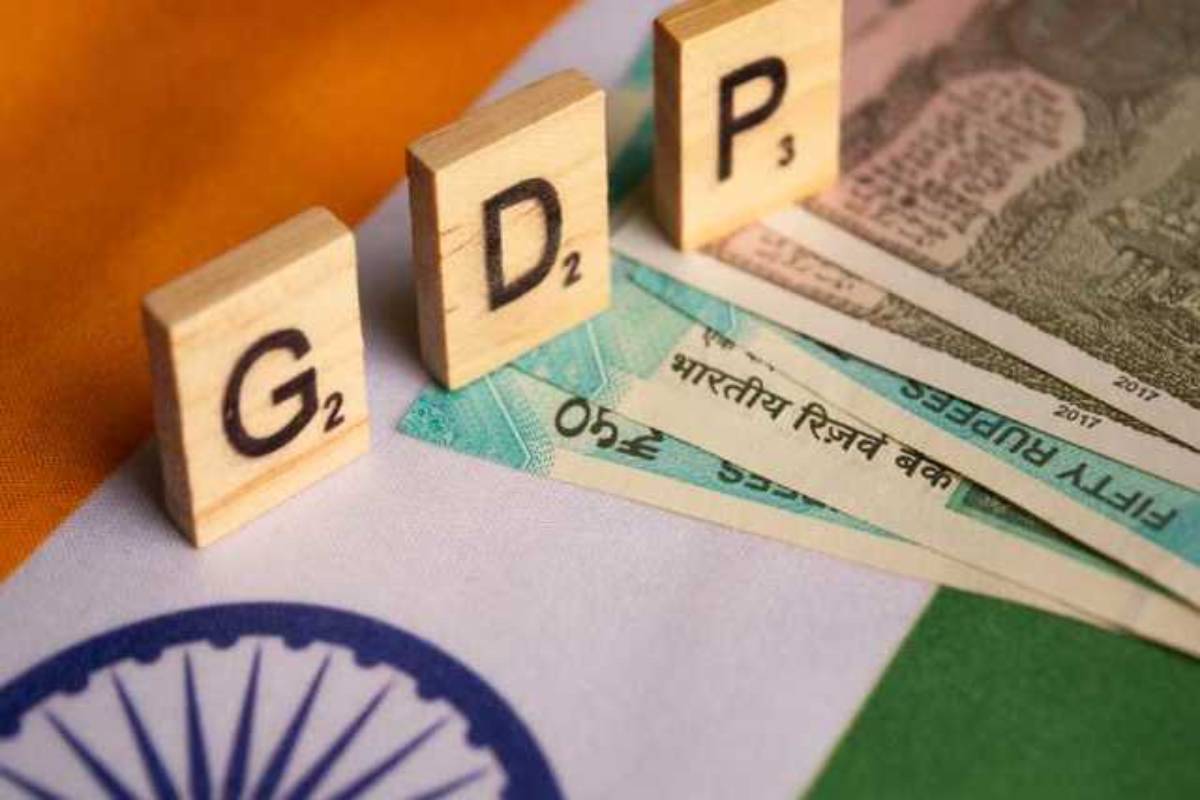India finds itself at a crossroads, grappling with the dual challenge of sustaining growth momentum while addressing underlying structural constraints. The recent upward revision in the World Bank’s economic growth forecast for FY25 to 6.6 per cent undoubtedly provides a glimmer of hope, yet it also underscores the imperative for deeper introspection and concerted action. At the heart of this growth trajectory lies the dichotomy between public and private investment. While the public sector has played a pivotal role in driving infrastructure development and catalysing economic activity, the lingering spectre of tepid private investment looms large.
The World Bank’s cautionary note on this front serves as a stark reminder of the need to foster an environment conducive to entrepreneurial dynamism and innovation. Enhancing the ease of doing business, streamlining regulatory frameworks, and bolstering investor confidence are paramount in reigniting the engines of private investment. Furthermore, concerted efforts to address structural bottlenecks, ranging from land acquisition reforms to bureaucratic inefficiencies, are imperative to unleash the full potential of India’s vibrant entrepreneurial ecosystem. However, the journey towards sustainable growth extends beyond the realm of investment dynamics. It necessitates a holistic approach encompassing fiscal prudence, institutional resilience, and social inclusivity.
Advertisement
The World Bank’s prognosis regarding fiscal consolidation underscores the importance of prudent fiscal management in safeguarding macroeconomic stability and bolstering investor confidence. Yet, fiscal consolidation must be juxtaposed with the imperative of addressing burgeoning socio-economic disparities and fostering inclusive growth. Initiatives aimed at enhancing access to quality education, healthcare, and basic infrastructure are indispensable for empowering marginalised communities and unleashing their latent productive potential.
Moreover, the World Bank’s emphasis on the role of vibrant, competitive firms as harbingers of economic transformation resonates deeply with India’s quest for sustainable development. Nurturing a conducive ecosystem for entrepreneurship, innovation, and value creation holds the key to unlocking India’s demographic dividend and propelling it towards higher growth trajectories. Central to this endeavour is the need to leverage digital technologies, and promote knowledge-intensive industries. Initiatives such as Startup India and Digital India have laid a robust foundation, yet concerted efforts are needed to scale up these initiatives and foster an enabling environment for entrepreneurship to flourish. In essence, India stands at a critical juncture, poised to chart its course amidst a rapidly evolving global landscape.
The World Bank’s revised growth forecast serves as both a testament to India’s resilience and a clarion call for concerted action. Navigating the path ahead demands unwavering commitment, bold reforms, and a steadfast resolve to harness the full potential of India’s demographic dividend. As we stand on the cusp of a new era of economic resurgence, let us seize this moment to craft a future defined by inclusive prosperity, sustainable development, and shared prosperity for all segments of society. These imperatives must be recognised across the political spectrum; a bipartisan approach to economic planning will serve the country far better than bickering on existential questions.









